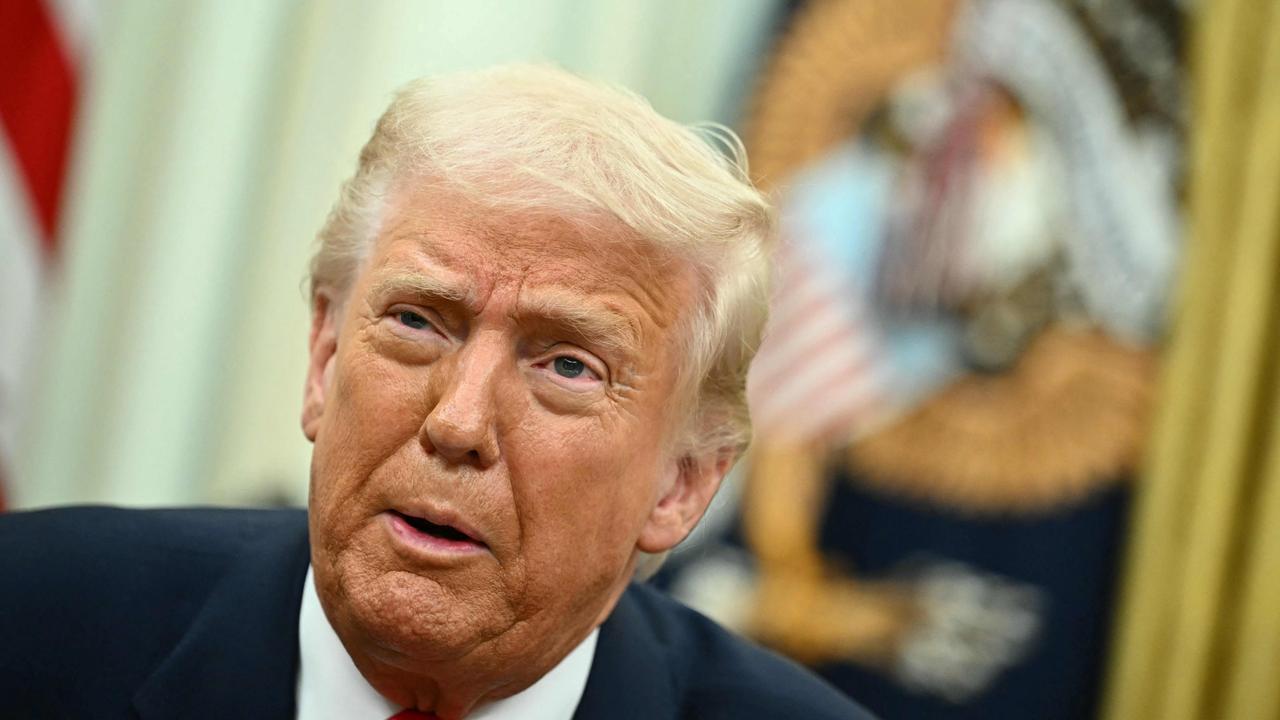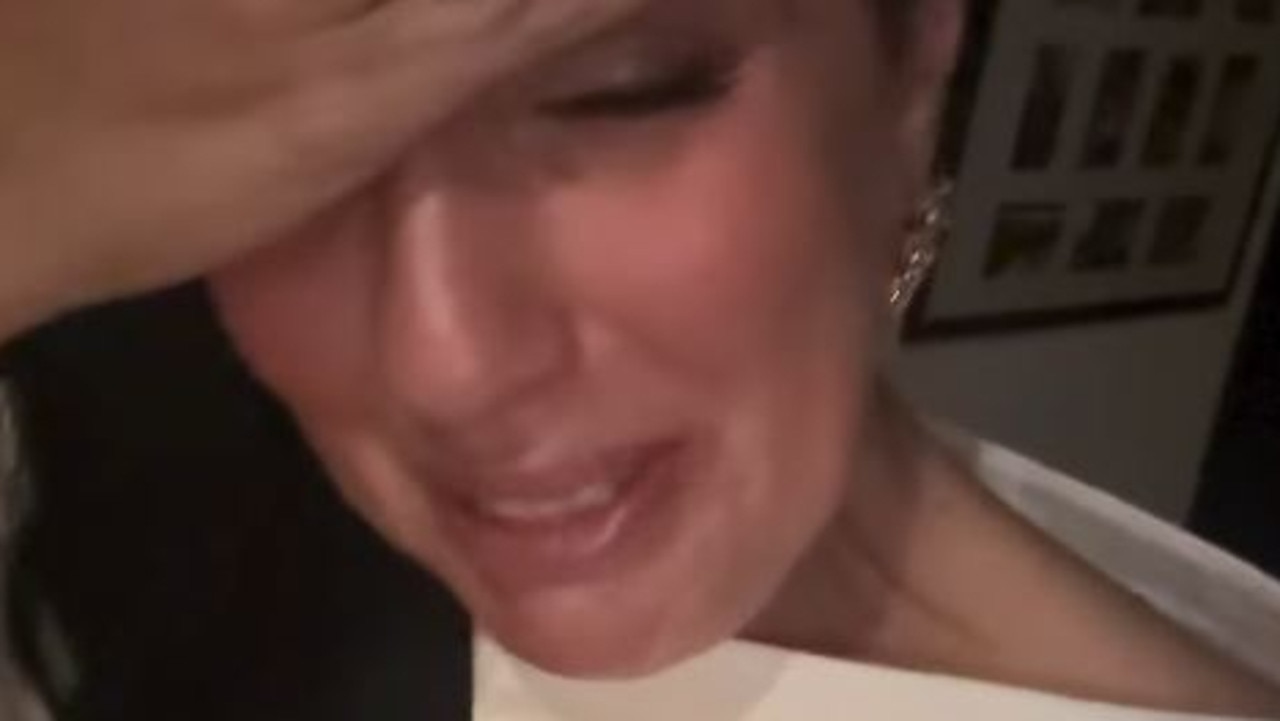Greens eye key South Australian Liberal seats in Voice referendum aftershock
SA’s overwhelming rejection of the Voice referendum has created headaches for the Liberals in inner-city seats, Paul Starick writes, with the Greens set to pounce.
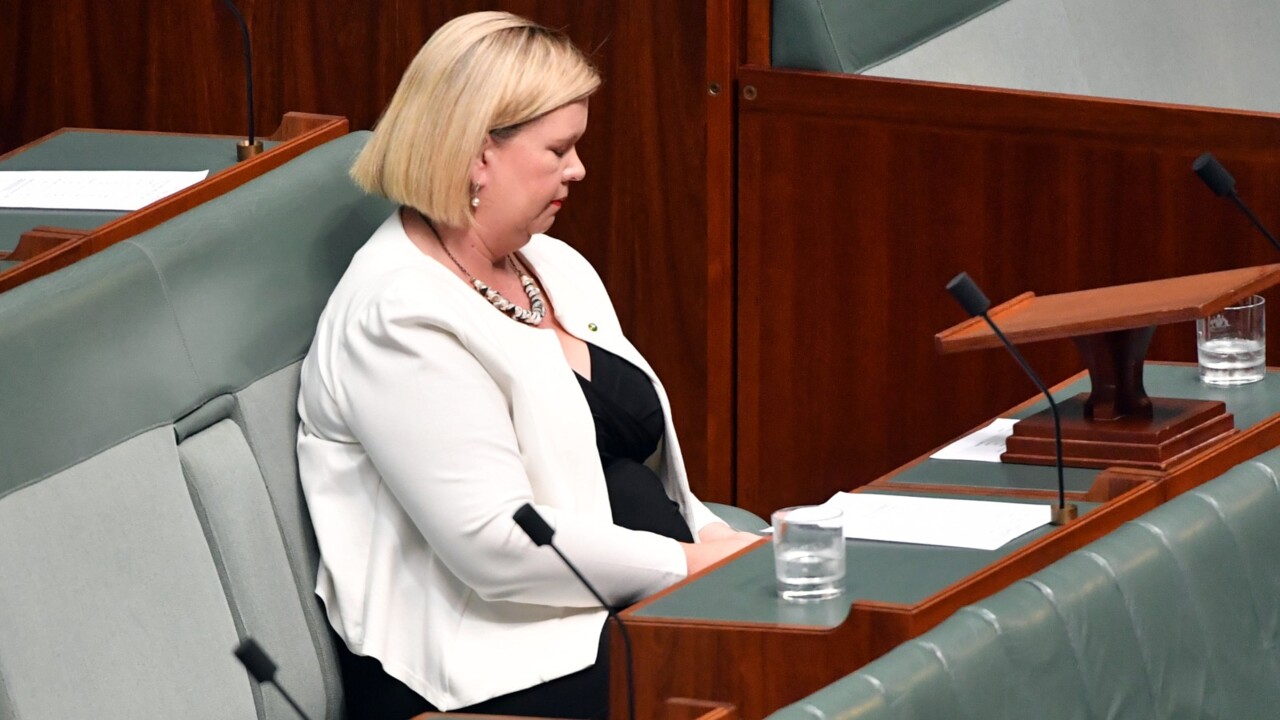
SA News
Don't miss out on the headlines from SA News. Followed categories will be added to My News.
South Australia’s emphatic repudiation of the federal Voice to Parliament has delivered headaches for both major parties in their heartlands.
Labor was overwhelmingly rejected at the referendum in the middle and outer suburbs, home to both crucial marginal state seats and safe ALP electorates.
Two federal cabinet ministers, Amanda Rishworth and Mark Butler (a former ALP national president), suffered huge No votes in their respective seats of Kingston and Hindmarsh.
Labor’s challenge is obvious, both at a state and national level – containing any fallout from heartland voters turning against the party’s Voice agenda in droves.
But the SA Liberals have a particular challenge – containing any movement to independents, Labor or the Greens in inner-city seats among affluent, educated voters. The Greens are eyeing off traditionally blue-ribbon state Liberal seats, which the Opposition needs to win at the 2026 election if it wants to return to government.
SA Greens co-leader Robert Simms says his party believes this election is “a big opportunity to win seats from the Liberals”, arguing many voters in some seats “are concerned the Liberal Party no longer represents their values”. He singles out inner-city Unley and Heysen, in the Adelaide Hills.
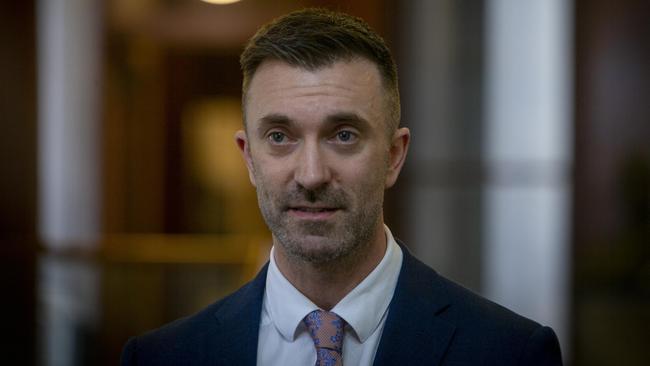
The state Liberals opposed both the federal and state Voices to parliament, the latter of which was legislated in March.
Opposition Leader David Speirs on Monday said the state Liberals were inclined to back a One Nation push to repeal the state Voice, arguing the referendum’s resounding defeat showed South Australians were opposed to “a race-based mechanism” and urged a total reconsideration.
But Mr Simms is seizing on early analysis of the referendum result by state electorate to highlight majority Yes votes in Waite (inner southeast, ALP, one-time Liberal stronghold) Unley, Adelaide (Labor, bellwether seat), Dunstan (held by former Liberal premier Steven Marshall), Badcoe (inner southwest, ALP), Heysen and Bragg (inner southeast, blue-ribbon Liberal).
As he points out, these are all seats the Liberals need to win or hold if they want to depose Labor in 2026.
These are the type of electorates that fell to so-called Teal candidates on the eastern seaboard at the 2022 federal election. SA did not experience that trend but the referendum result indicates a potential opening for Teals, Greens or like-minded progressive candidates.
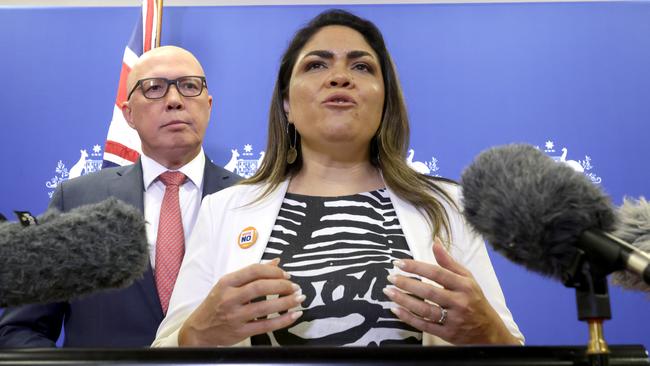
Director of political and social research firm RedBridge Tony Barry argues the Greens ran a successful Voice campaign, while Labor and Yes23’s was “cataclysmically bad” and the Liberals risk misinterpreting the result.
“The Liberal Party needs to be careful not to learn the wrong lessons out of the referendum result. The referendum results across South Australia showed strong patterns between income and age and a strong Yes vote,” said Mr Barry, a staffer to former prominent SA federal Liberal Christopher Pyne.
“The Voice uniquely united wealthier and younger voters. The Liberal Party needs to be very mindful of other issues that also unite this cohort, such as climate change, environment, integrity and LGBTQ rights, while focusing on the Liberal legacy political strengths of home ownership and economic management.”
The Labor and Yes 23 campaign, he says, was “characterised by celebrities and toxic corporates like Qantas, running fragmented messages which only served to isolate voters in the outer suburbs and regions and those on lower incomes who are currently struggling in the cost-of-living crisis”.
The referendum turned on the prized political mainstream, variously labelled working families or Howard battlers, depending on the era.
The challenge for the major parties, particularly at a state level, is to assess the referendum’s implications for the political climate leading into 2026, then calibrate their messaging and policies to appeal to this crucial voting group.
More Coverage
Originally published as Greens eye key South Australian Liberal seats in Voice referendum aftershock




